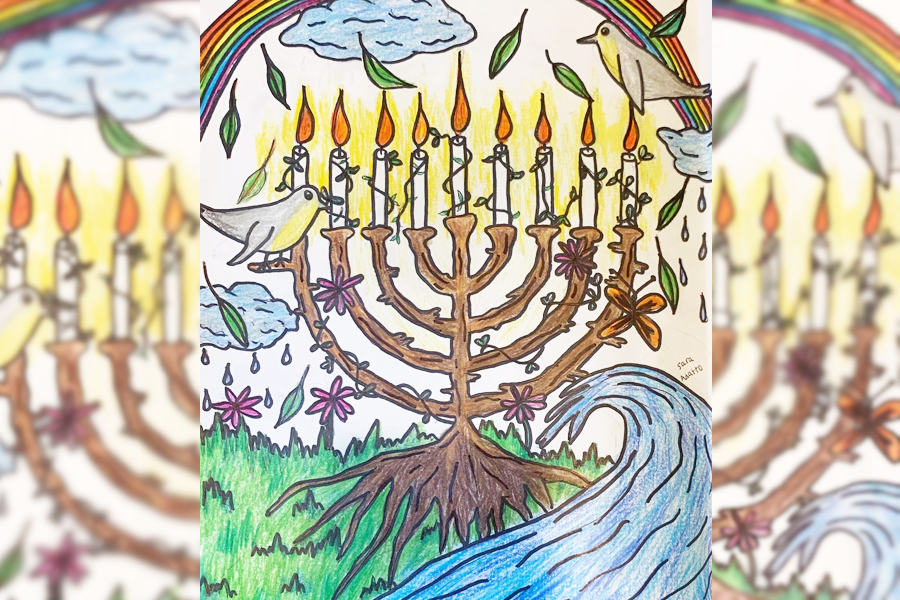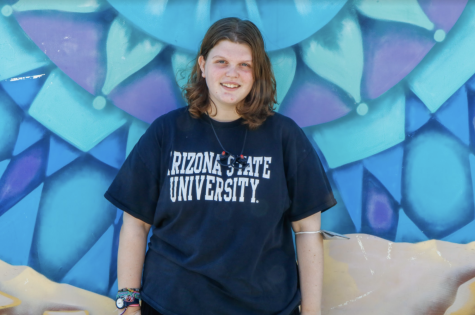Chanukah: It’s not just the oil
MEANING: The real message of the lights is that God’s miracles are everywhere.
December 13, 2020
Of all Jewish holidays, Chanukah is one of the most well-known to non-Jews. Holidays like Yom Kippur, Purim, and Sukkot seem to go unnoticed, but Chanukah is different, perhaps because it’s easy to lump it in with Christmas. Stick a fake menorah or a dreidel at the edge of the abundance of Christmas decorations and add “and Chanukah!” to the end of a Merry Christmas banner, and move on, satisfied at the extent of your inclusivity. Chanukah is also included in marketing with the other winter holidays. No other holidays, save maybe for Passover, are given this treatment.
This should be a good thing. The Torah tells us persumei nissa — to publicize the miracle of the Chanukah story. And so we light the menorah in our windows, for all to see. Well, you might say, isn’t society doing that for us? If things such as Chanukah cards and dreidel balloons are things you may find at your local Ralphs or Target, doesn’t that mean we’ve successfully publicized the miracle of Chanukah, or at least started to?
Not exactly.
A very surface-level idea of Chanukah has been presented to the world thus far. It’s recognized as a Jewish holiday and is widely seen, but the secular world has yet to understand its meaning — and maybe that’s because we ourselves are so focused on one particular miracle that we’ve failed to publicize the larger message that the oil sends.
We light the menorah because the miracle of Chanukah is, on a base level, the miracle of a menorah’s oil lasting for eight days rather than one. But Chanukah is also a much deeper representation of Judaism: it isn’t just about the miracle of the oil. It’s about the value we as Jewish people place on each thing just because of its existence. It’s about treating everything as though it’s a miracle. The oil represents the concept that everything is given to us as a gift from Hashem, and thus nothing should be taken for granted. In “publicizing the miracle,” we are spreading the concept of gratitude and telling people to see the wonder and beauty in each little thing.
This is one of the things persumei nissa means in a modern context. It’s not just to publicize the miracle of the lights that stayed lit for the Maccabees. It’s to publicize the very existence of miracles – to spread the idea that each and every thing is a miracle in and of itself. It’s our job as Jewish people to push past the shallow and secular version of both Chanukah and Judaism that’s on display for the rest of the world to see.














